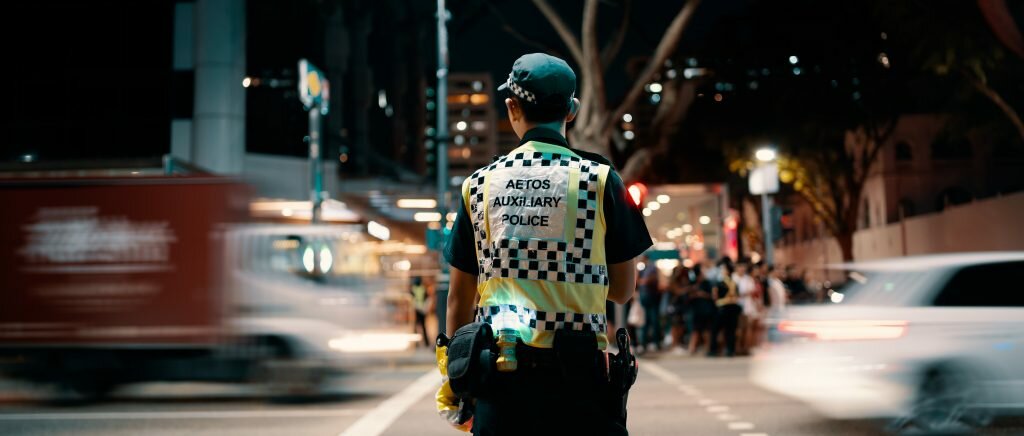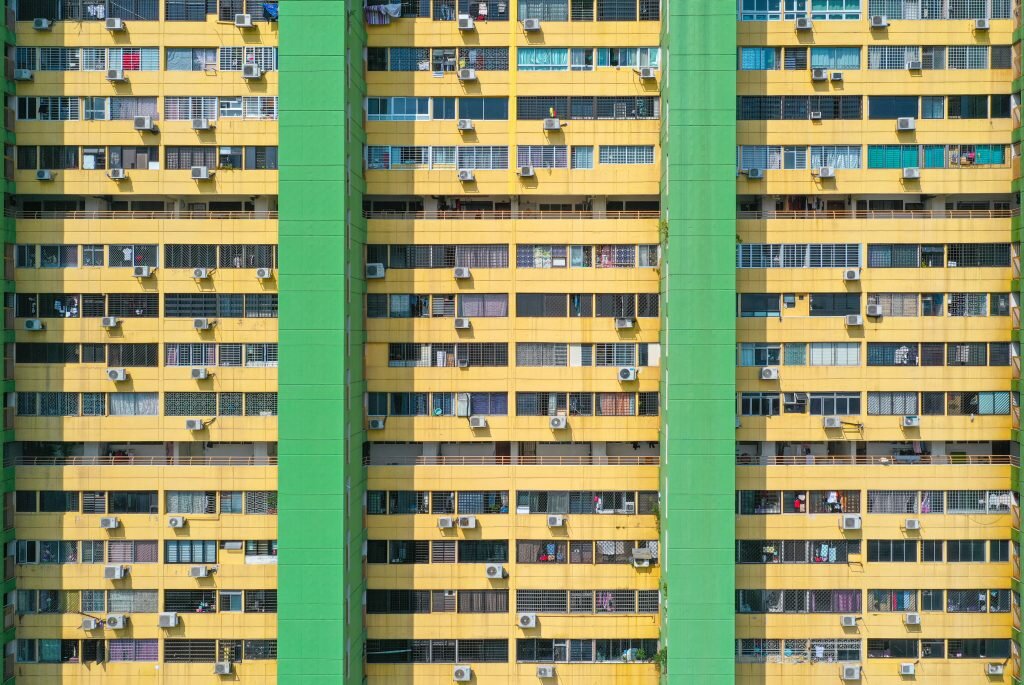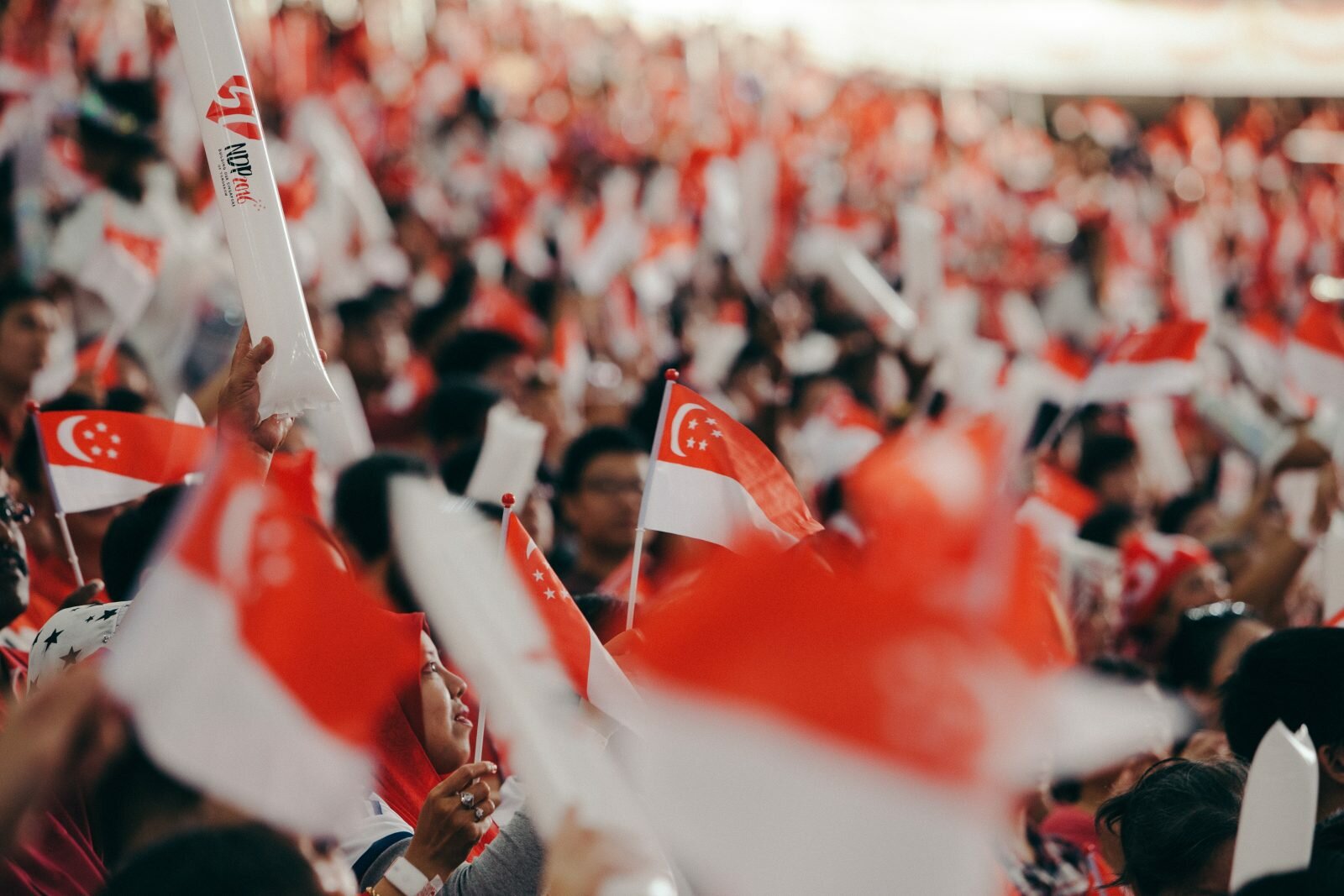In times of crisis, people close ranks. I suppose it’s a sort of comfort to feel part of something bigger, which in turn makes us feel less vulnerable.
With the COVID-19 pandemic we can see this “rally round the flag” effect in Singapore, too. Our struggle against the coronavirus is likened to a war, and some say this is no time for people to be “divisive”, “polarising”, or “politicising issues” by criticising those in power. Instead, they say, we should be downloading the TraceTogether app, falling in line, and leaving the government to it. Civil society activists asking questions and critiquing Singapore’s outbreak response are characterised as mere “keyboard warriors” making “noise”. Some who have started petitions have also been accused of trying to “incite” people to “pressure the government”.
During this time, I’ve seen friends trolled online, slammed as “SJWs (Social Justice Warriors)” and singled out for ridicule, simply because they’ve asked critical questions, or reported on issues within the migrant worker dormitories, such as poor quality food. Speaking out in such a way has opened them up for online harassment and abuse from those who have taken it upon themselves to punish a failure to conform and support government efforts.
It’s an extension of the attitude towards civil society and activism in Singapore even during “normal” times — demonised as troublemakers, activists aren’t given much space to air their opinions in mainstream platforms. This, in turn, narrows public discourse, leaving certain points of view out of important national discussions.
But while solidarity and community is crucial during extraordinary times, blind obedience isn’t. Even — perhaps especially — in times of emergency and crisis, we need people to still keep asking questions, raising different perspectives, and highlighting blind spots. Given the scale of the problem to be tackled, it’d be unrealistic to expect one small group of people to be on top of everything at all times.

This is how civil society can help. Although Singapore’s civil society is less mature than that of many other countries, there are still many people who have spent years working with different segments of the community, ranging across migrant workers, low-income families, sex workers, and survivors of gender-based violence. They’ve been on the ground, and have the networks and know-how to reach out to these groups and understand how the coronavirus outbreak is affecting them. They are the best placed to identify key issues, and to be part of efforts to deliver aid and support.
Working with these groups will require humility — sometimes (maybe even a lot of the time), they will have things to say that the powerful might not be particularly pleased to hear. We’ve seen this already, in the way migrant labour rights groups like Transient Workers Count Too (TWC2) and the
Humanitarian Organisation for Migration Economics (HOME) have lobbied for years for significant changes in living conditions for migrant workers, repeatedly raising issues about risks like outbreaks of disease and food security. Now that COVID-19 has spread so widely throughout dormitories across the island, it’s understandable that there’s plenty of frustration from activists who have seen this coming for years, but been ignored. But this doesn’t mean that these organisations should be seen as adversaries of the government.
A country’s response to a pandemic must, in many ways, be necessarily top-down. There are things that grassroots organising can do — such as pulling together mutual aid initiatives or delivering groceries — but governments still need to take the lead when it comes to the deployment of state resources and deciding on measures such as nation-wide social distancing and lockdowns.
This is where trust comes in, and this trust can be earned through clear communication and transparent handling of the situation. Governments have to persuade their citizens of the soundness of their policies. Instead of characterising a petition or letter-writing campaign as “incitement”, it’d be better for everyone if people felt that the government was listening to their fears and concerns, and coming up with policies that served the greater good while acknowledging the sacrifices that need to be made. Petitions are legitimate, nonviolent ways for people to make their voices and demands heard, and should be encouraged and supported (even if the government can’t oblige all the time). Singaporeans should not be pushed away from engaging in democratic practices even if we’re currently living in extraordinary times.

This will all matter post-pandemic, too. Even if Singapore gets on top of the virus spread within the next few months, the effects of COVID-19 will be felt in our country — and across the world — for a long time to come. Some aspects of life will return to “normal”, but others will struggle to recover. Then there are the things that shouldn’t go back to how they were, but be rethought, reimagined, and reformed.
In dealing with this, too, we will need all the diverse voices that a vibrant civil society can provide. This is how we make sure that different interest groups and stakeholders are represented, and how we can fix or improve existing structures.
Freelance journalist Kirsten Han was named Advocate of the Year at the Singapore Advocacy Awards in 2016. Her reports and op-eds have appeared in The Guardian, The New York Times, The Washington Post and Asia Times.
